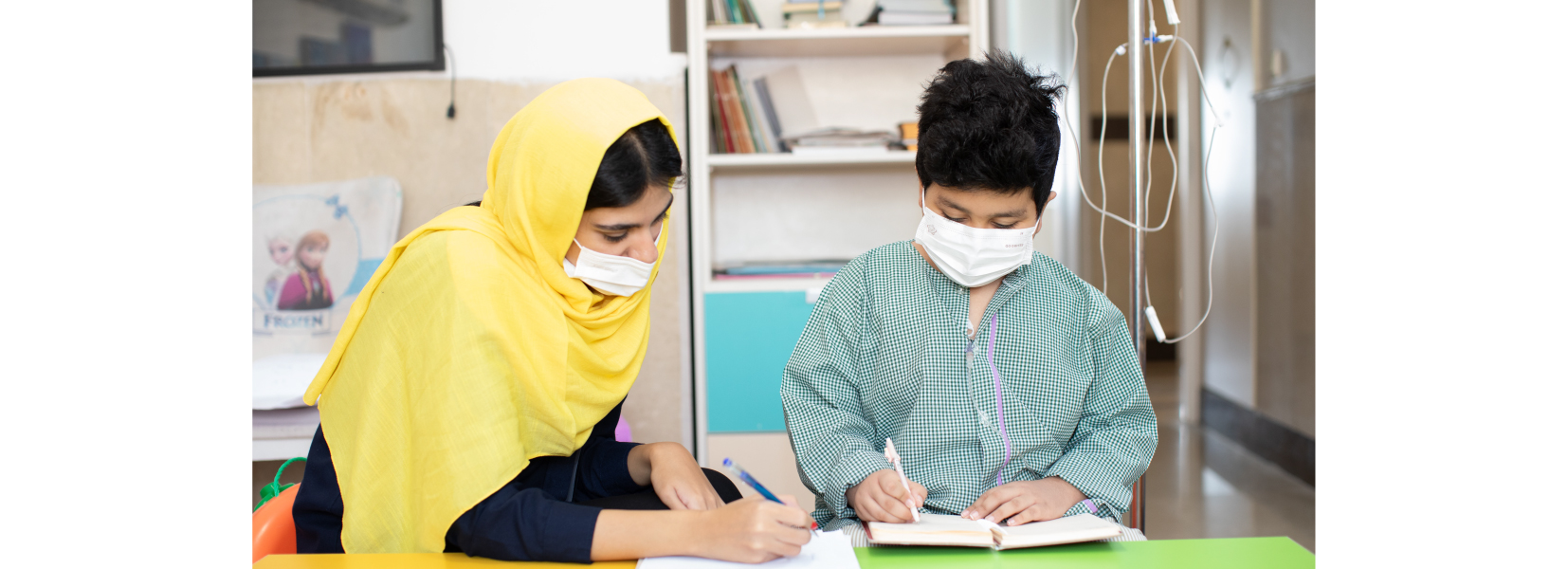
#Timetolead Global Counteractions on NCDs
- 30 September 24
- 692 revirew
- 0 comment
The Global Week for Action on Non-Communicable Diseases (NCDs) will be held from September 14 to September 21, 2024. This initiative focuses on raising awareness and promoting action against the NCDs worldwide.
NCDs are diseases that cannot be transmitted between individuals and arise from a mix of genetic, environmental, and lifestyle variables. They often develop slowly and last for decades. Many children with non-communicable diseases (NCDs) face serious difficulties, and many don’t live beyond age five. Those who do often deal with long-term disabilities and a higher risk of early mortality. Main types of NCDs include:
- Cardiovascular Diseases (CVDs): approximately 13.9 million children are affected by CVDs throughout the worldwide, which can be either congenital or acquired, with rheumatic heart disease being the most common chronic condition in children.
- Cancer: this is a leading cause of death among children, including various types such as lung, breast, and colorectal cancers.
- Chronic Respiratory Disorders (CRDs): conditions like asthma and respiratory allergies are significant sources of disability, with asthma being the most prevalent among children.
- Diabetes: affecting over 8.8 million children, diabetes hinders the body’s ability to manage blood sugar and insulin. In this case, having limited access to healthcare services can lead to serious complications or early death.
- Mental Health Disorders (MHDs): it is the most widespread NCDs among children, which impacts their overall quality of life, particularly when combined with other health issues. MHDs are considered into different types such as depression and anxiety.
Several major parameters that can cause NCDs to globally increase are: poor diets, obesity, lack of physical activity, tobacco use, and alcohol consumption.
The goals of the Global Week for Action on NCDs are to:
- Raise Awareness: extending public general realization of NCDs and how to deal with them.
- Advocate for Policy Change: provoking governments and policymakers to prioritize the prevention and control of NCDs, using evidence-based strategies.
- Monitor Progress: providing a platform to evaluate the progress toward global targets related to NCDs, particularly the United Nations’ Sustainable Development Goals (SDGs).
The theme for 2024 Global Week is #timetolead. It calls out the urgent need for global leaders to take decisive action against the growing morbidity of NCDs.
MAHAK, in line with this international scheme, believes that it is #timetolead. Accordingly, now and stronger than ever, MAHAK puts the best possible effort into work towards providing the most adequate services to children suffering from cancer and their families.
Childhood Cancer Awareness Month Factsheet No.2:
The most common types of pediatric cancer include leukemia, brain tumors, and neuroblastoma, each requiring specific diagnostic approaches for accurate identification.
